In the dynamic landscape of digital commerce, in which innovation is the cornerstone of fulfillment, businesses are continually searching for innovative, modern solutions to navigate the ever-evolving complexities of the digital world. The surge in online purchasing, coupled with the diversification of purchaser options, has propelled brands to discover robust enterprise ecommerce platforms that meet basic requirements and pioneer transformative outcomes. As the digital market becomes increasingly aggressive, staying ahead demands more than just a purposeful online presence —it calls for comprehensive digital transformation that integrates seamlessly throughout the business and customer engagement channels, anticipates and fulfills customer needs, and drives sustainable growth.From omnichannel integration to subscription-based models and from AI-powered personalization to blockchain-enabled supply chain control, explore how these progressive and innovative features are reshaping the future of ecommerce. This blog delves into the potential benefits of enterprise ecommerce solutions, highlighted through real-world examples showing their efficacy in revolutionizing digital commerce.
Omnichannel Integration:
Omnichannel integration represents an essential shift in how enterprises approach customer engagement. It moves beyond traditional siloed channels to create a seamless and cohesive experience across all touchpoints. At its core, omnichannel integration ensures that users can always engage with a brand, whether they are browsing merchandise online, traveling to a physical store, or engaging through social media channels.This integration extends beyond mere synchronization of stock and sales data; it includes a holistic approach to customer communication, advertising, and delivery. By unifying purchaser data from numerous channels, enterprises gain a comprehensive understanding of users’ interests and behaviors, enabling them to tailor interactions and fulfill unique desires.Moreover, omnichannel integration fosters convenience and flexibility for customers, allowing them to transition among multiple channels seamlessly without compromising high quality. Whether exploring products on a mobile device, buying via an e-commerce website, or looking for help from a customer support representative, omnichannel integration enables a steady and personalized experience.For instance, Salesforce Commerce Cloud empowers enterprises to supply personalized experience through integrating online and offline touchpoints, thereby enhancing user engagement and loyalty.
Advanced Analytics and Insights:
Advanced analytics and insights empower organizations to unlock the overall ability of their ecommerce operations by supplying actionable intelligence derived from comprehensive information analysis. These tools provide deep visibility into numerous aspects of the enterprise, including user behavior, sales performance, advertising effectiveness, and inventory control. By leveraging advanced analytics, companies can identify traits, hit upon styles, and make information-based decisions to optimize techniques and drive revenue growth. Whether figuring out high-value customers, refining marketing campaigns, or streamlining supply chain operations, enterprise ecommerce solutions allow corporations to take advantage of a competitive edge in the global digital marketplace.For instance, Shopify Plus offers robust analytics dashboards with customizable reports, allowing merchants to gain actionable insights and optimize their strategies accordingly.
AI-Powered Personalization:
AI-driven personalization transforms the ecommerce space by harnessing state-of-the-art algorithms to investigate enormous data of consumers in real-time. By comprehending options, surfing conduct, and shopping trends, AI allows ecommerce platforms to offer customized options to everyone. This customized method surpasses simple segmentation, enabling custom-designed product recommendations, content, and promotions that resonate with every customer-specific need. Enterprises can maximize the potential of their ecommerce endeavors by embracing solutions that enhance user engagement, increase conversions, and drive lasting loyalty.For instance, Amazon's recommendation engine is a key example of AI-powered personalization, wherein clients are offered product tips primarily based on their browsing and purchase records, driving sales and customer delight.
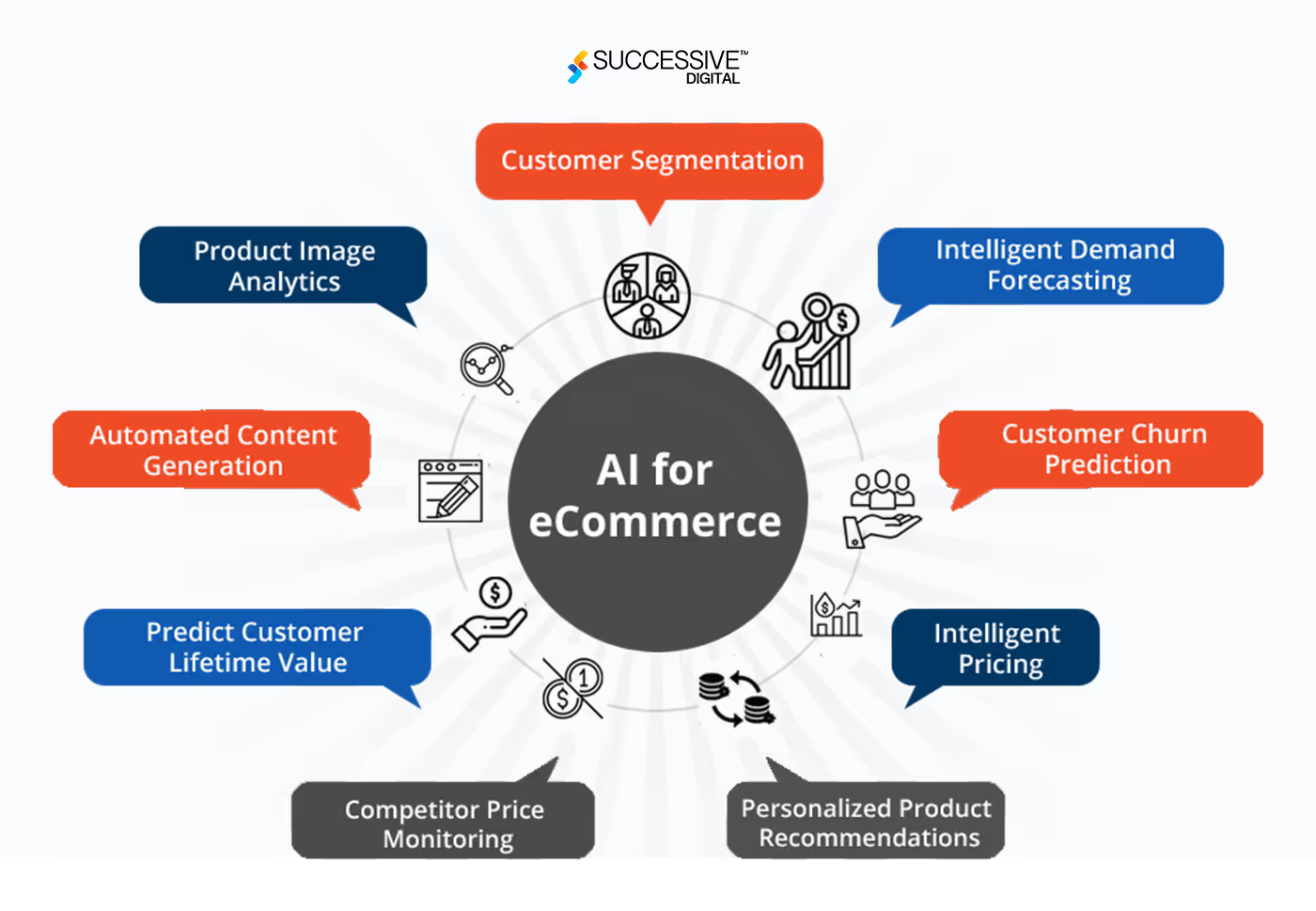
Headless Commerce Architecture:
Headless commerce architecture represents a progressive approach to ecommerce, decoupling the frontend presentation layer from the backend capability. This empowers businesses to innovate and experiment with frontend technologies without disrupting core ecommerce techniques. By leveraging APIs, the headless architecture enables seamless integration with various frontend frameworks, devices, and touchpoints, providing unparalleled flexibility and scalability. This flexibility enables businesses to supply rich, immersive experiences across numerous channels while retaining consistency and overall performance. Furthermore, headless architecture future-proofs ecommerce structures, enabling companies to adapt quickly to evolving customer expectations and technological improvements, thereby staying ahead of the competition within the ever-evolving digital landscape.For instance, BigCommerce's headless commerce competencies empower brands to innovate and experiment with frontend technology at the same time leveraging the platform's robust backend infrastructure.
Subscription and Recurring Billing:
Subscription and recurring billing functionalities have emerged as imperative in present-day ecommerce, presenting brands with reliable sales circulation and improving user retention. By offering subscription models, organizations can offer clients convenient access to products or services on a recurring basis, fostering loyalty and growing client lifetime value. Such enterprise ecommerce solutions streamline transactions, decreasing friction and enhancing the overall buying experience. Additionally, subscription-based models allow businesses to forecast revenue and optimize inventory management.For instance, Magento Commerce, with its suite of extensions, enables businesses set up and control subscription-based products and services without much of complexities.
Voice Commerce Integration:
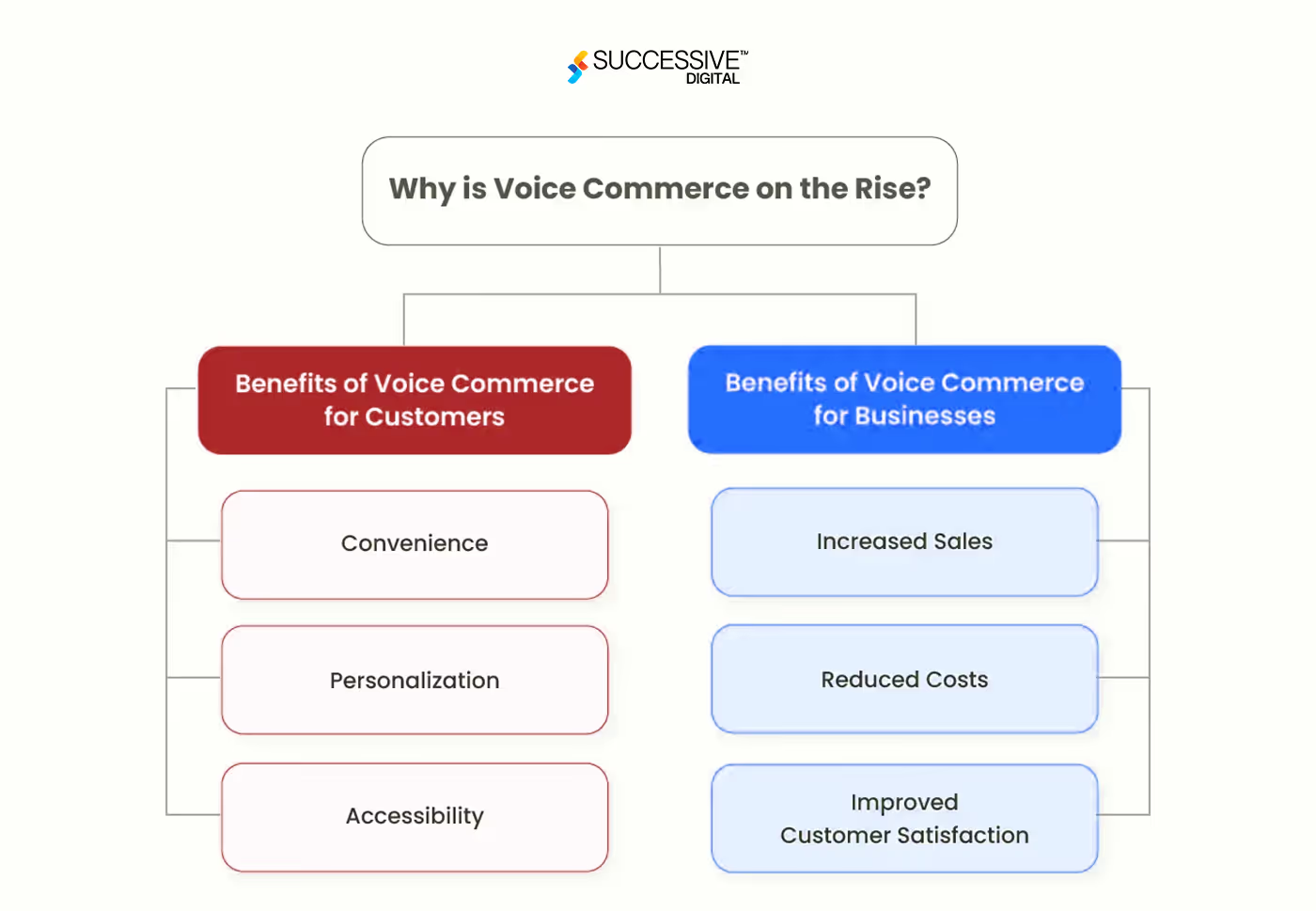
Voice commerce integration represents a transformative development within the ecommerce realm, capitalizing on the rising prevalence of virtual assistants and smart devices. By seamlessly integrating voice technology into ecommerce platforms, businesses enable clients to browse and make purchases using natural language instructions. This intuitive and convenient buying experience enhances comfort and accessibility for customers, starting up new avenues for engagement and sales generation. Through voice commerce, people can add merchandise to their carts, request information about items, and finalize purchases via verbal commands. This present-day feature in business enterprise ecommerce application development highlights the significance of embracing evolving trends and technology to address the converting possibilities of technologically savvy consumers.For instance, Walmart's voice purchasing feature, accessible through Google Assistant, enables customers to add items to their carts and place orders seamlessly, improving convenience and accessibility.ConclusionThe landscape of enterprise ecommerce platform solutions is constantly evolving, driven by the relentless pursuit of innovation and the ever-changing demands of consumers. As demonstrated by various modern-day examples mentioned, from omnichannel integration to blockchain-powered supply chain management, businesses are pressured to adopt agile and adaptive solutions to thrive in this dynamic environment. Embracing these progressive platforms allows organizations to fulfill today's clients' needs and position them for competitive advantage.
.avif)
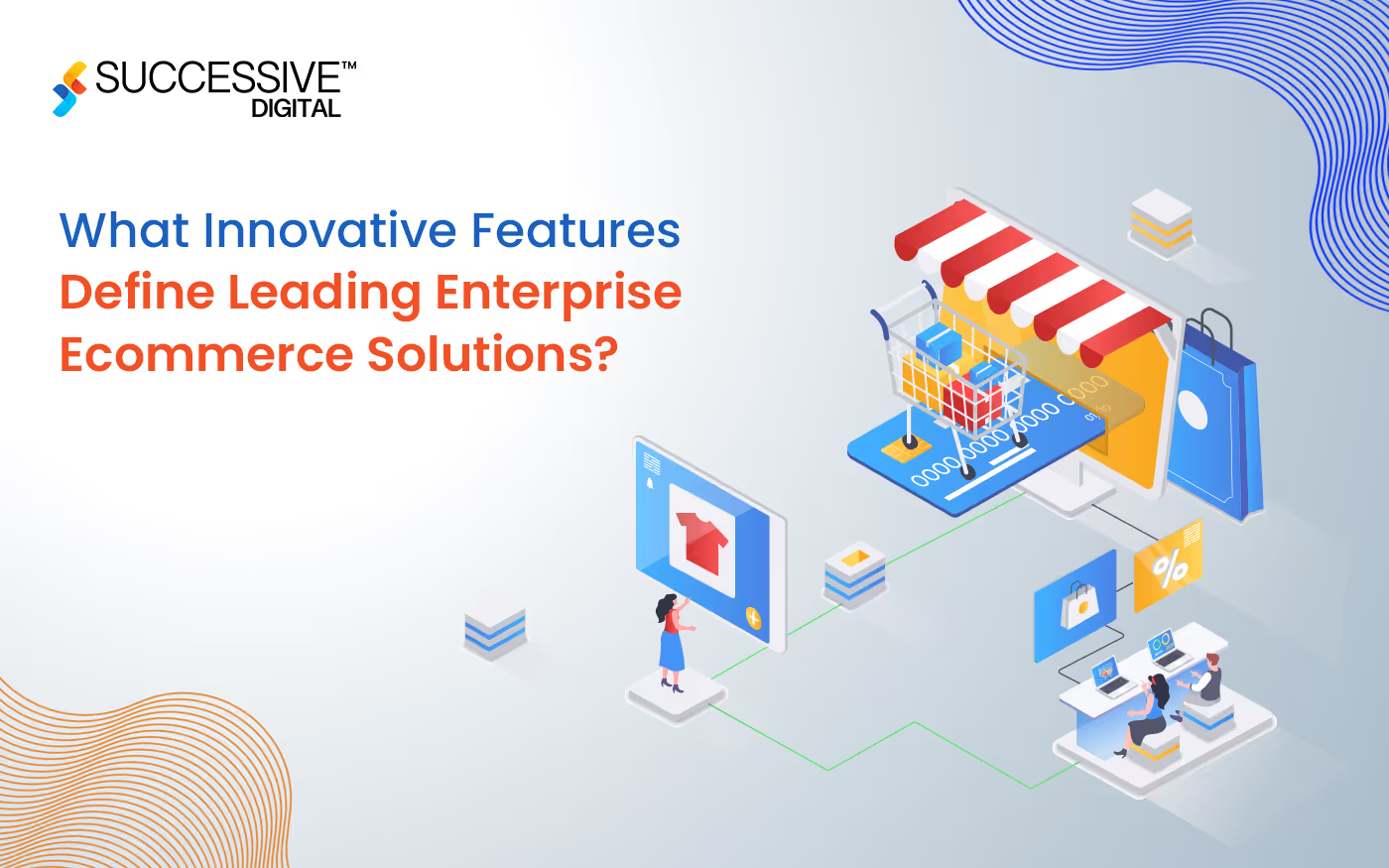



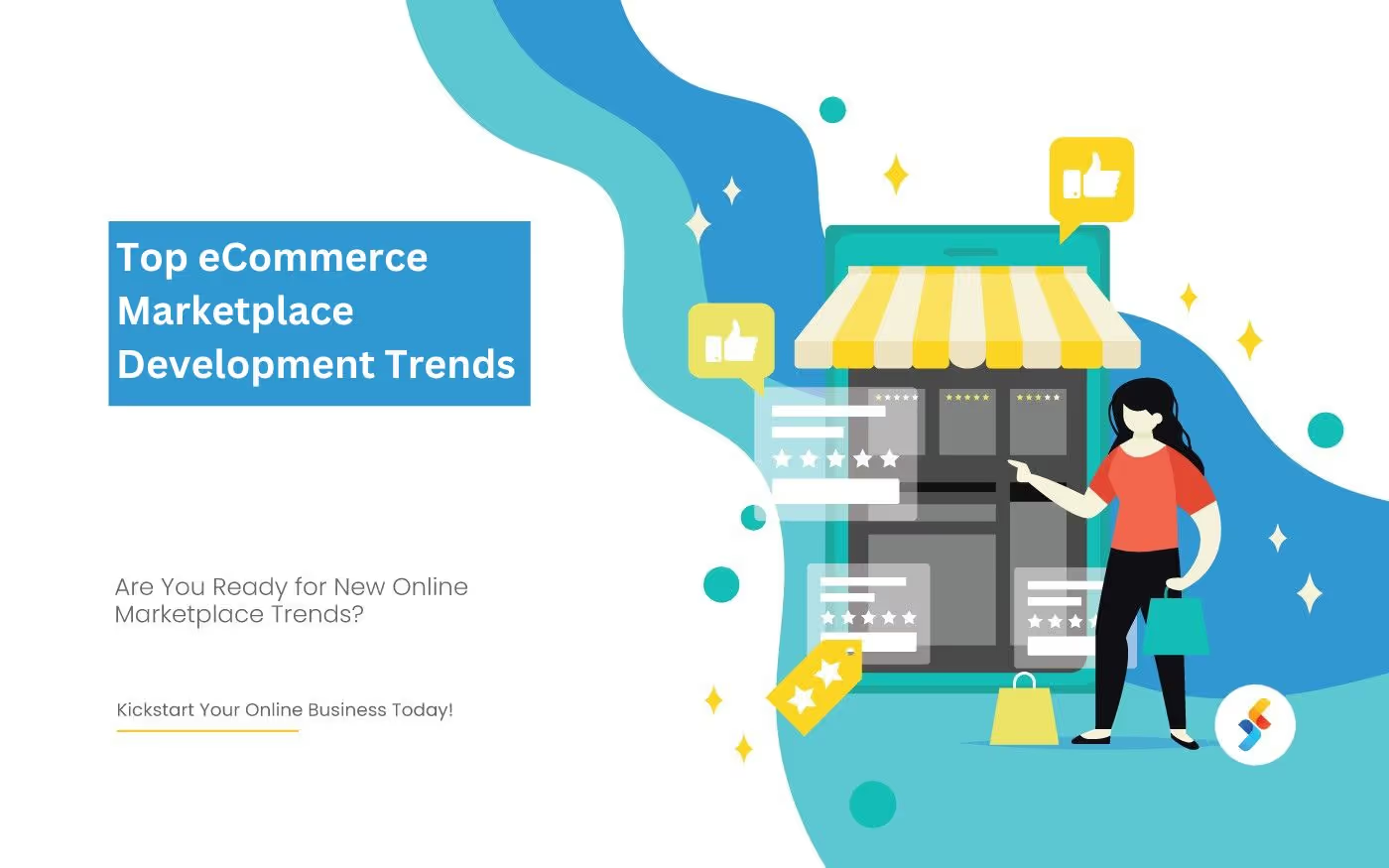
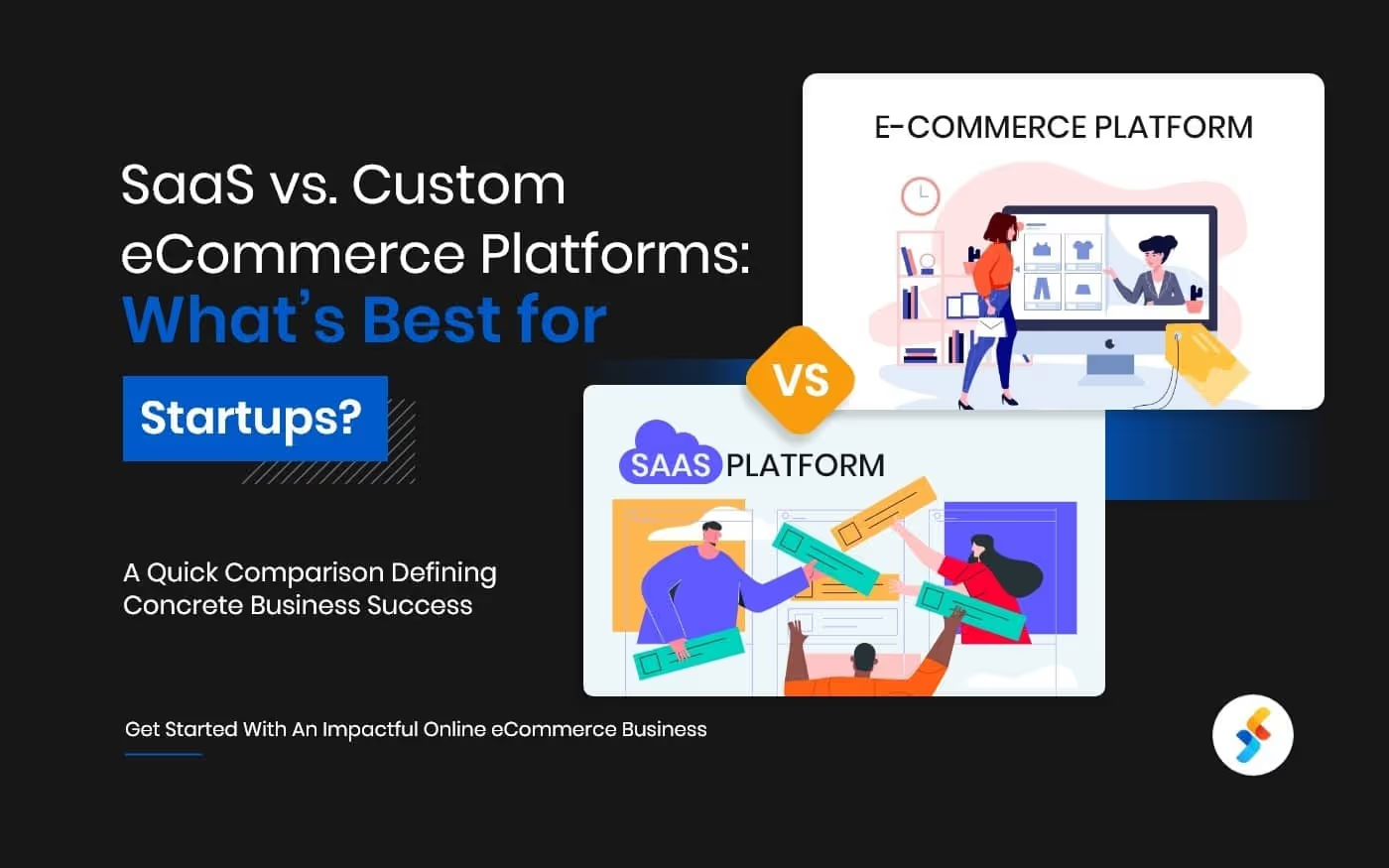
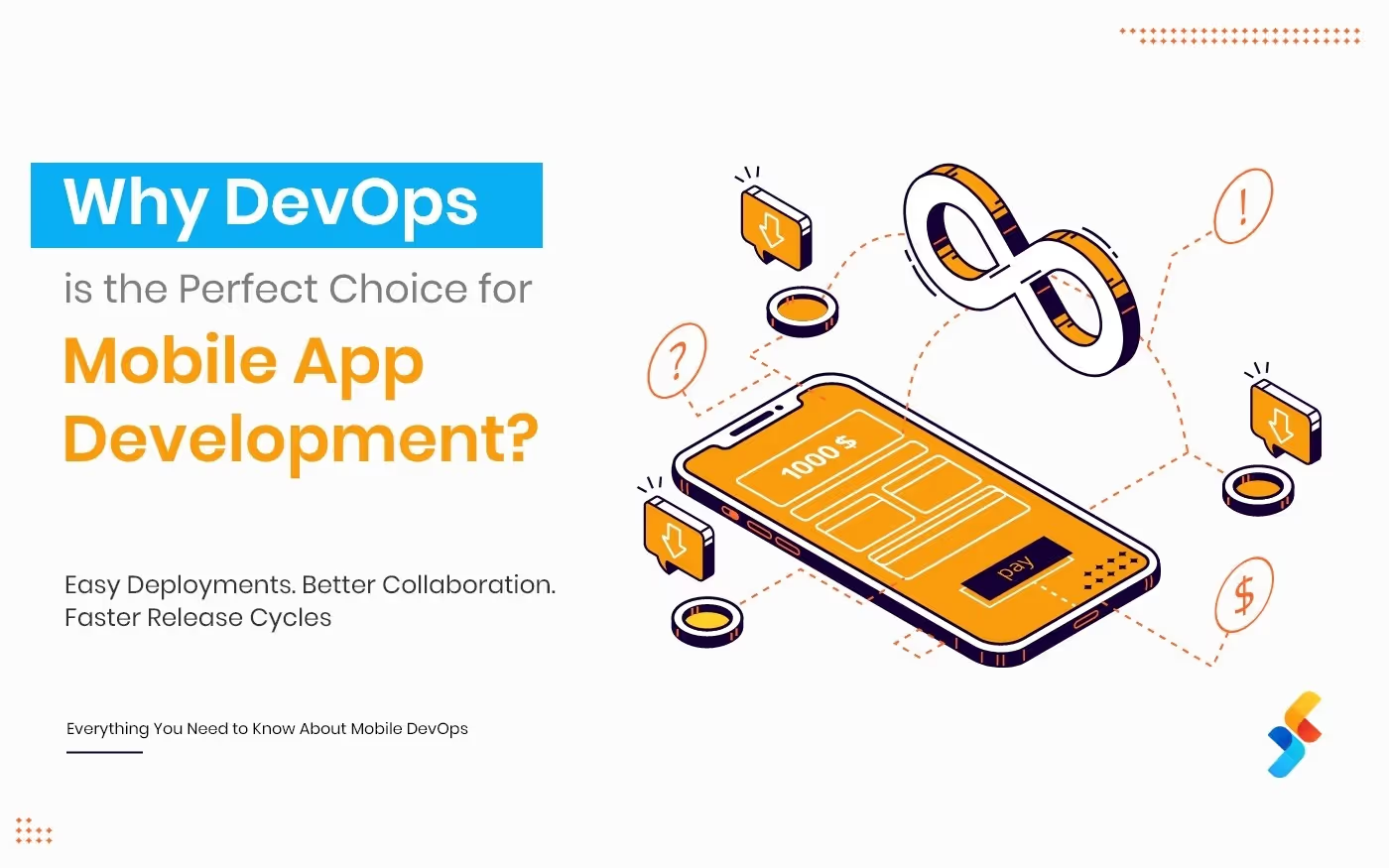
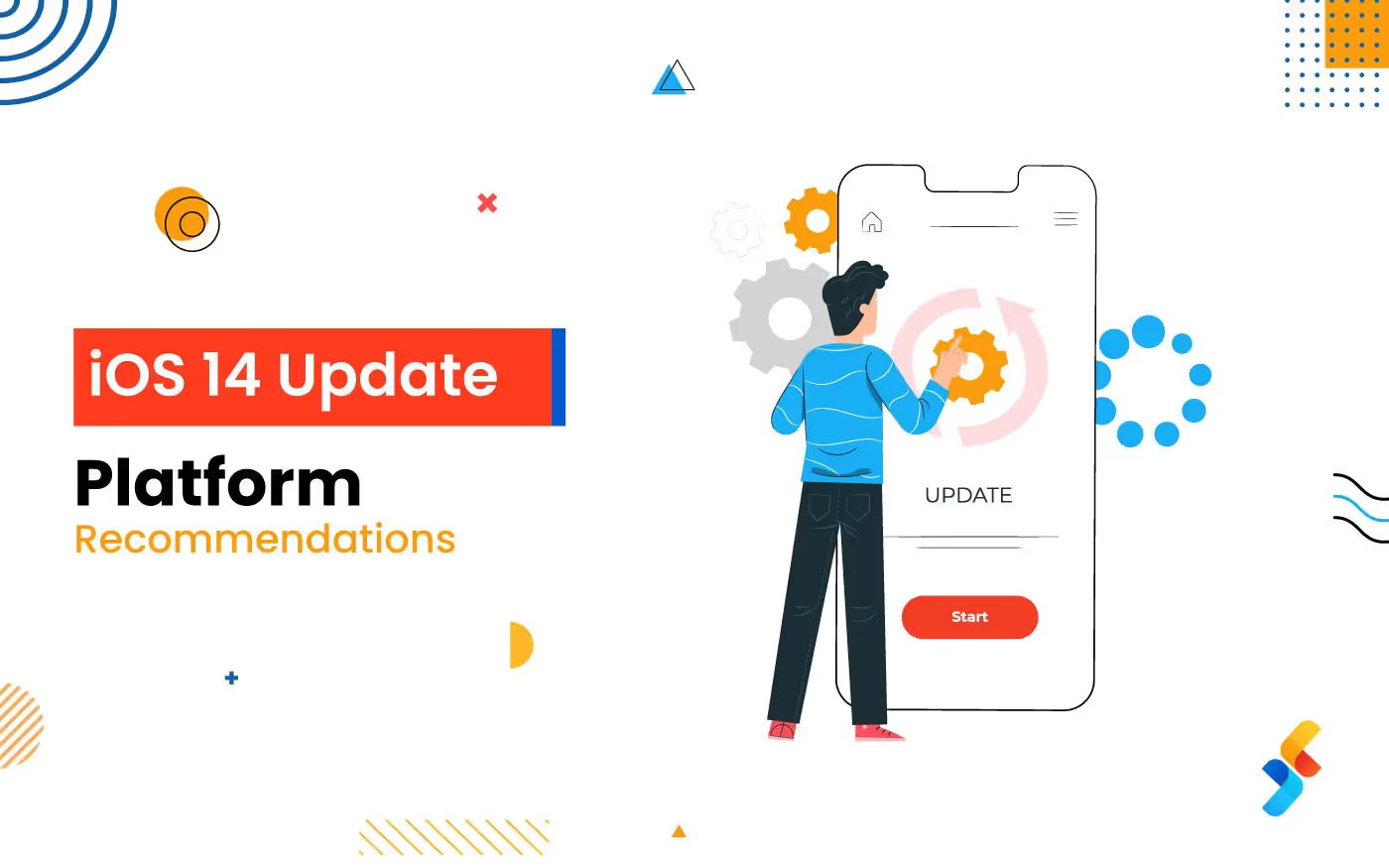


.jpg)









